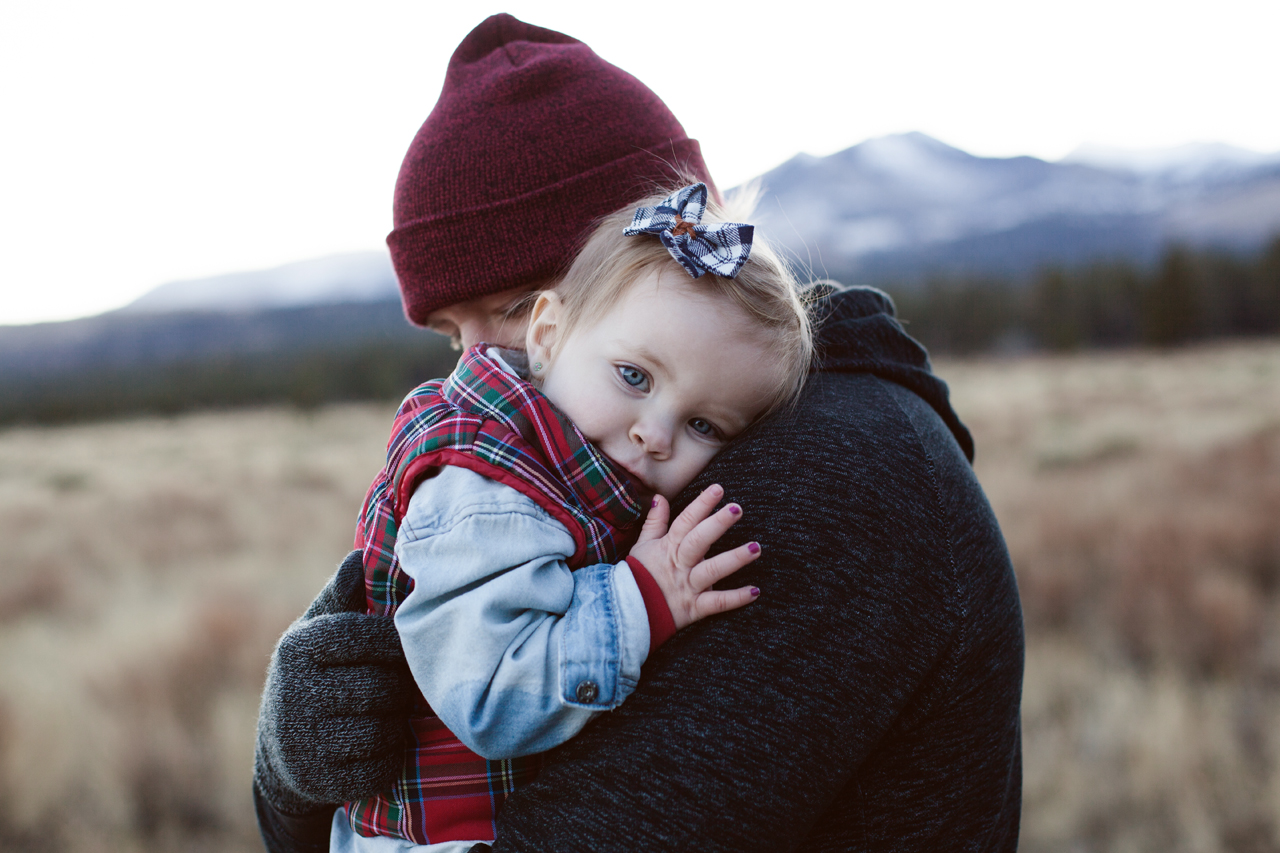Infant Vision Development
Although babies spend nine months developing in the womb, their eyes and vision aren’t fully formed at birth. Much like their inability to walk or talk right away, their visual system continues to evolve over the initial months of life, gradually influenced by their environment.
In the first few months, babies will learn to track moving objects, focus their eyes, and coordinate them together. Their ability to see with clarity will improve, and they will begin to distinguish more colors. The neural connections they form during this time will help them process visual information and interact with the world around them.
Proper eyesight is essential for babies’ growth and timely development, as visual or ocular problems can result in delays in other areas of their development.
How to Ensure Your Baby’s Vision is Developing Well
While most infants don’t face significant eye problems, it’s important to stay proactive. Here’s how you can support your baby’s eye health and development:
1. Schedule an Eye Exam Around Six Months
It’s advised to arrange the first thorough eye exam for your baby between six and twelve months. At this check-up, an optometrist will assess the following:
- Visual acuity, including any issues with nearsightedness, farsightedness, or astigmatism
- The muscles of the eyes and their ability to move properly
- Overall eye health
If you notice any issues before six months, don’t hesitate to consult an eye care professional sooner.
2. Encourage Visually Stimulating Play
Help your baby’s visual system by introducing activities that stimulate eye tracking and coordination. Keep toys with high contrast within 20-30 cm from your baby’s face, as this is their initial focusing distance. Switch sides during feedings and offer toys that move to promote tracking, which will help develop hand-eye coordination and depth perception.
Pediatricians recommend avoiding screen time until at least the age of two, as early exposure can potentially hinder other developmental aspects.
3. Watch for Early Signs of Eye or Vision Issues
Be vigilant for any signs that your baby may have eye problems. Common symptoms to watch for include:
- Redness or discharge from the eyes, which could signal an infection
- Excessive tearing, possibly due to a blocked tear duct
- Sensitivity to light, which may indicate a deeper eye issue or high pressure in the eye
- Uncontrolled eye movement or “jiggling,” suggesting muscle control issues
- One eye turning inwards or outwards, indicating possible eye muscle or refractive problems
- A white pupil, which can be a sign of a serious condition, such as cancer. Seek immediate medical attention if this occurs.
Since your baby’s vision is still developing, many of these problems can be corrected with proper care and treatment. The key is finding a trusted pediatric eye specialist to ensure your baby’s eye health is regularly monitored, supporting their growth and learning as they move through infancy and beyond.


Tinggalkan Balasan